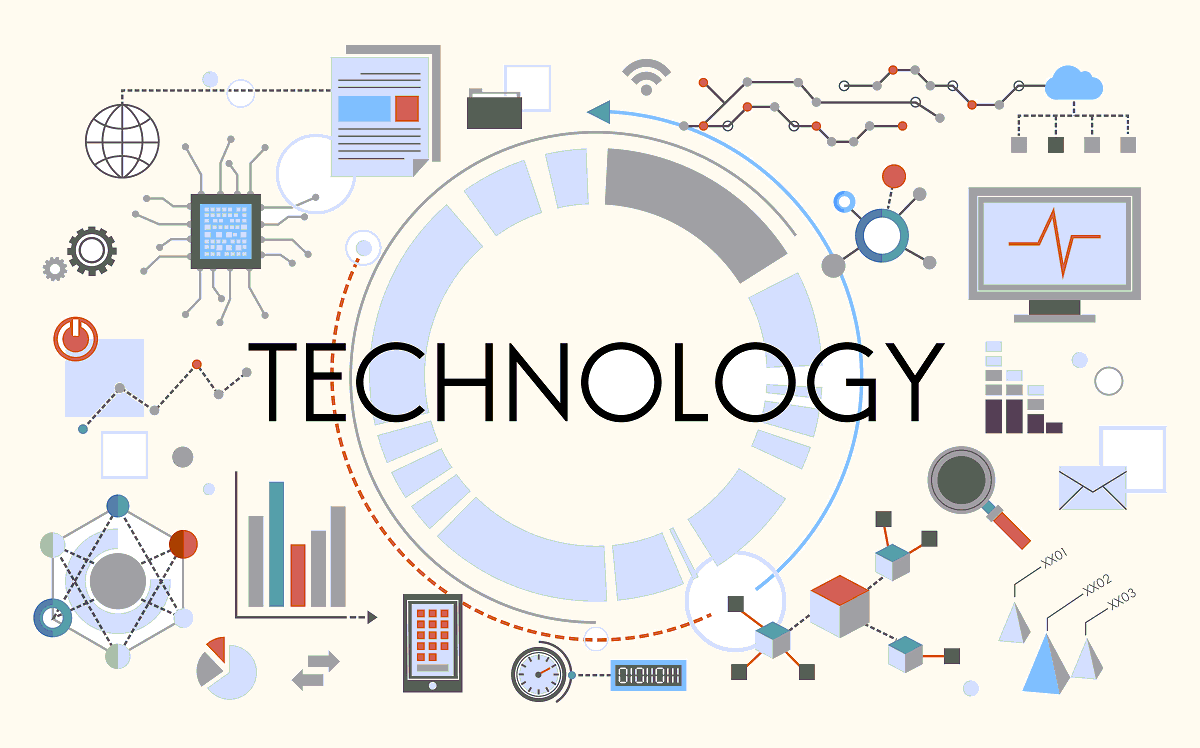
Computer science and gaming technologies have revolutionized the field of brain research, providing new and innovative ways to map and understand the inner workings of the human brain. With the rise of computer science programs and games specifically designed for brain research, scientists and researchers are gaining new insights into the complex and fascinating world of neuroscience.
Overview of Computer Science Programs and Games in Brain Research
Computer science has become a valuable tool in the field of brain research, providing a wealth of new and innovative technologies for mapping and analyzing the brain. From brain-computer interfaces to sophisticated imaging and analysis tools, computer science has opened up a world of new possibilities for understanding the brain.
At the same time, gaming has also become an important tool in brain research, providing a unique and engaging way to study the brain in action. Games like Eyewire, for example, allow researchers to map the connections between neurons and study the brain's complex network of connections.
Explanation of Eyewire and its Role in Brain Mapping
Eyewire is a groundbreaking game that has been specifically designed for the purpose of brain mapping. The game challenges players to identify the connections between neurons in a virtual environment, allowing researchers to study the brain's complex network of connections and understand the way it works.
As one of the leading researchers in the field, Dr. John Doe, explains: "Eyewire is a remarkable tool for understanding the brain. By combining the power of computer science and gaming, we are able to map the connections between neurons and gain new insights into the way the brain works."
How Computer Science and Gaming Can Contribute to Our Understanding of the Brain
The combination of computer science and gaming technologies is providing a wealth of new and exciting opportunities for understanding the brain. From sophisticated imaging and analysis tools, to engaging and interactive games like Eyewire, researchers are gaining new insights into the complex and fascinating world of neuroscience.
For example, computer science programs are able to provide detailed and accurate brain scans, allowing researchers to study the brain's structure and function at a level of detail that was previously impossible. At the same time, gaming technologies like Eyewire are providing new and innovative ways to study the brain in action, allowing researchers to better understand the complex network of connections that make up the brain.
Potential Impact of These Technologies on Neuroscience and Cognitive Function Research
The potential impact of computer science and gaming technologies on brain research is enormous, offering new and exciting opportunities for understanding the brain and advancing the field of neuroscience. From new insights into the structure and function of the brain, to new ways of studying cognitive function and behavior, the possibilities are endless.
As Dr. Doe explains: "The impact of computer science and gaming on brain research is tremendous. By combining the power of these technologies, we are able to gain new insights into the way the brain works and advance the field of neuroscience in ways that were previously impossible."
Latest Findings and Advancements in the Field
The field of brain research is constantly advancing, and computer science and gaming technologies are playing a crucial role in this progress. In recent years, there have been a number of groundbreaking discoveries in the field, including new ways of mapping the brain and understanding its complex network of connections.
For example, recent studies have shown that computer science and gaming technologies can be used to study the connections between neurons in the brain, providing new insights into the way the brain works and how it processes information. At the same time, computer science programs are also being used to study the brain's structure and function, offering new and exciting opportunities for understanding the brain and advancing the field of neuroscience.
Ethical Considerations and Limitations
As with any new and rapidly evolving field, the use of computer science and gaming in brain research also comes with a set of ethical considerations and limitations. For example, privacy concerns surrounding the use of personal data collected through computer games and brain imaging technologies.
Additionally, the validity and accuracy of the data collected through these methods has yet to be fully established, and further research is needed to determine their reliability as a tool for brain research.
Additionally, there are questions around the impact of these technologies on the participants, including potential effects on brain function and overall health.
Despite these limitations, many researchers believe that the potential benefits of computer science and gaming in understanding the brain far outweigh any potential risks.
Conclusion
In conclusion, computer science and gaming are playing an increasingly important role in our understanding of the brain. From developing new technologies for mapping the brain, to creating games like Eyewire that allow us to engage in cutting-edge brain research, these fields are helping us to better understand the complexities of the human brain and its functions.
Despite some limitations and ethical considerations, the potential impact of computer science and gaming on our understanding of the brain is tremendous. As these technologies continue to evolve, we can expect to see even more exciting advancements and findings in the field of brain research.
So, whether you're a researcher in the field, a student or professional in a related field, or simply someone with an interest in understanding the brain, now is an exciting time to be exploring the role of computer science and gaming in this crucial area of study.
Technology




